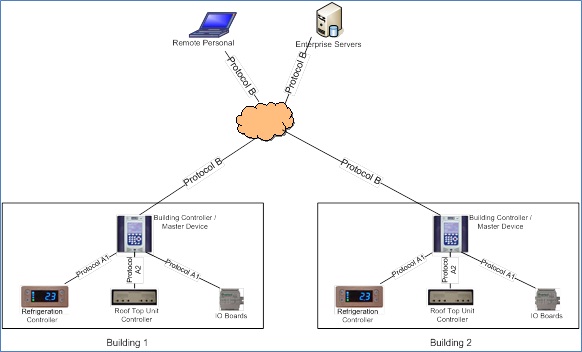16 Ways to Reduce HVAC Energy Usage in Supermarkets and Retail

When it comes to reducing energy in supermarkets, we either focus on refrigeration (because it consumes 40-50% of the total energy) or lighting (which is pretty easy to understand).
However, HVAC equipments (almost 20% of the store power) are often overlooked though they can significantly impact energy consumption, provide customer comfort for better shopping experience and reduce food product quality and shrinkage.
So what are the ways HVAC energy consumption can be reduced in a retail environment? Here’s a roundup of the important ideas to consider in your store.
These innovations help organizations set priorities for efficiency projects based on sustainability goals, speed of payback, and the measured return on investment. Contact Singh360 to see if these innovations fit with your facility and energy management strategy going forward.

